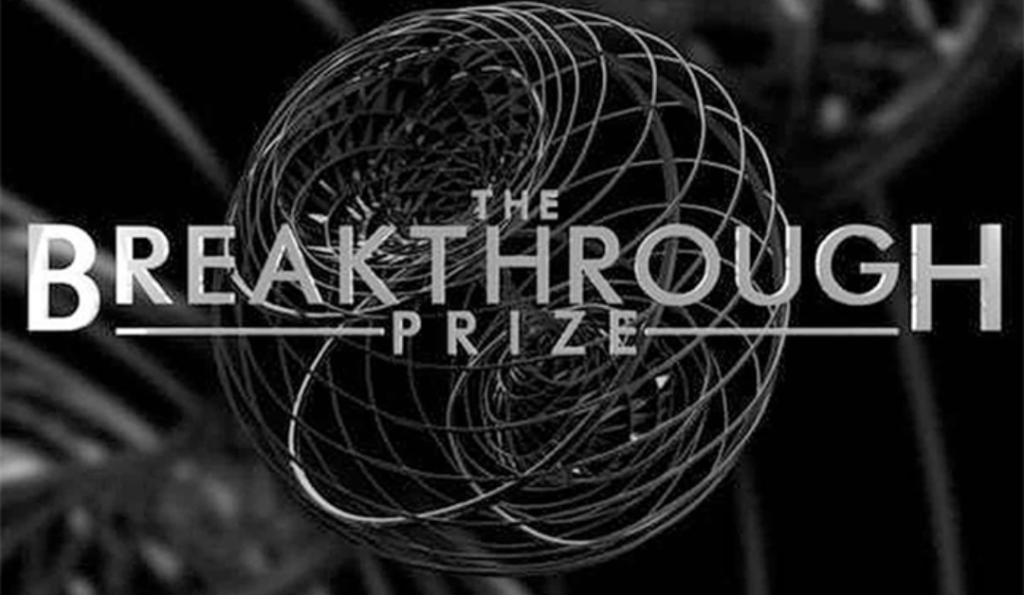IISER Pune Scientists Win Prestigious 2025 Breakthrough Prize in Physics
Pune, India — In a proud moment for Indian science and academia, a team of faculty members and alumni from the Indian Institute of Science Education and Research (IISER), Pune, has been named among the global recipients of the 2025 Breakthrough Prize in Fundamental Physics. This prestigious international award honors their vital contributions to the Compact Muon Solenoid (CMS) experiment at the Large Hadron Collider (LHC) in Geneva.
The Breakthrough Prize: Celebrating Global Scientific Excellence
Often referred to as the “Oscars of Science,” the Breakthrough Prizes recognize major achievements in the fields of Physics, Life Sciences, and Mathematics. The 2025 award in Fundamental Physics has been jointly presented to four major collaborations at CERN—the CMS, ATLAS, ALICE, and LHCb experiments—acknowledging their groundbreaking work in exploring the fundamental structure of the universe.
This year’s award not only highlights significant global collaboration but also shines a spotlight on the growing role of Indian scientists in major international scientific endeavors.
IISER Pune’s Key Role in the CMS Collaboration
The CMS experiment, one of the largest scientific collaborations in the world, involves more than 5,500 researchers from 241 institutes across 54 countries. IISER Pune’s team has played an important part in this global effort.
Professor Sourabh Dube, a lead researcher at IISER Pune, has made notable contributions through his work on physics beyond the Standard Model. His research focuses on theoretical models such as the type-III Seesaw and vector-like leptons, which explore mysteries like neutrino mass and the imbalance of matter and antimatter in the universe.
Professor Seema Sharma and her team are engaged in the search for new elementary particles and phenomena that could explain fundamental gaps in current physics, such as the nature of dark matter and why the Higgs boson behaves the way it does.
Recognizing Young Scientific Talent
What makes this achievement particularly meaningful is the inclusion of IISER Pune’s PhD students and alumni among the prize recipients. Their involvement in data analysis, detector design, and advanced simulations has been vital to the CMS experiment’s success.
Faculty members emphasized the importance of recognizing early-career scientists, many of whom are now contributing to scientific research and innovation worldwide. Alumni have gone on to work in international labs, cutting-edge tech industries, and global organizations.
A Milestone for Indian Science on the Global Stage
This honor marks a significant milestone for Indian scientific research, underscoring the country’s growing influence in global physics. The contributions from IISER Pune not only reflect academic excellence but also showcase India’s commitment to addressing the fundamental questions of the universe through collaborative international research.
As this recognition elevates the profile of Indian researchers on the global stage, it also inspires the next generation of scientists to pursue ambitious, world-class research in fundamental science.

